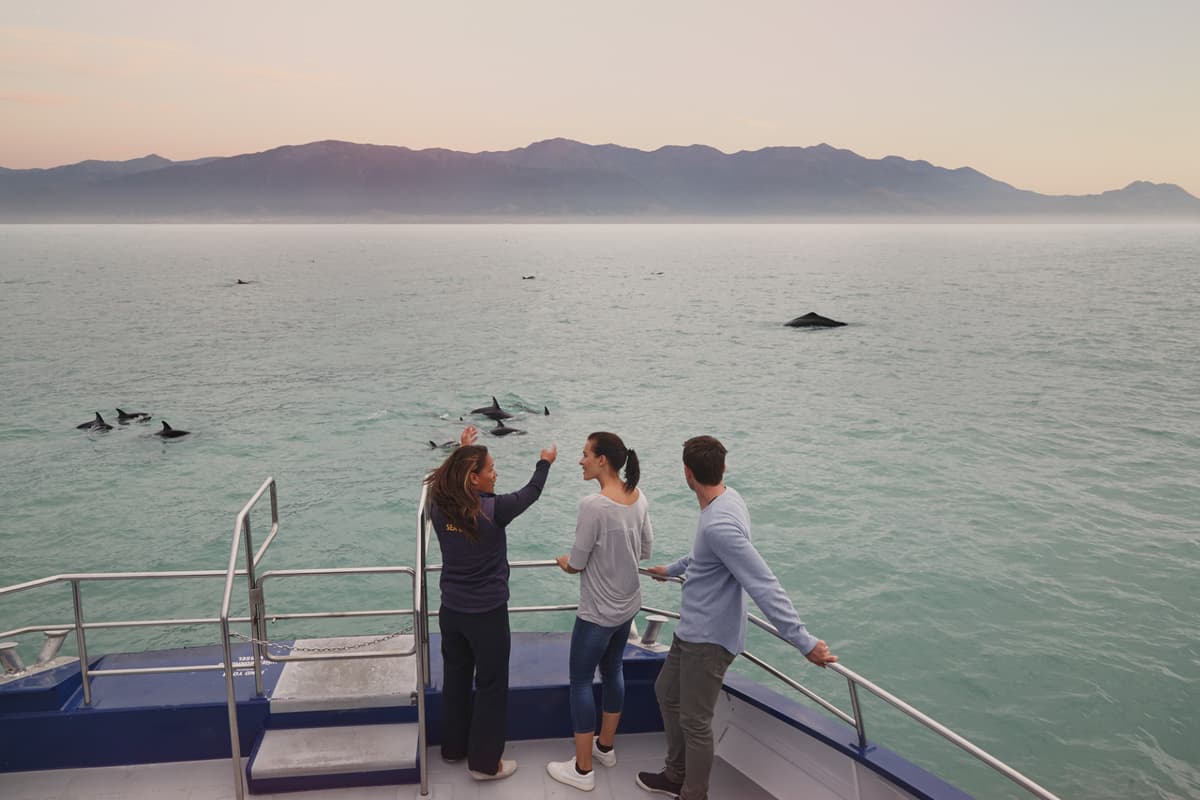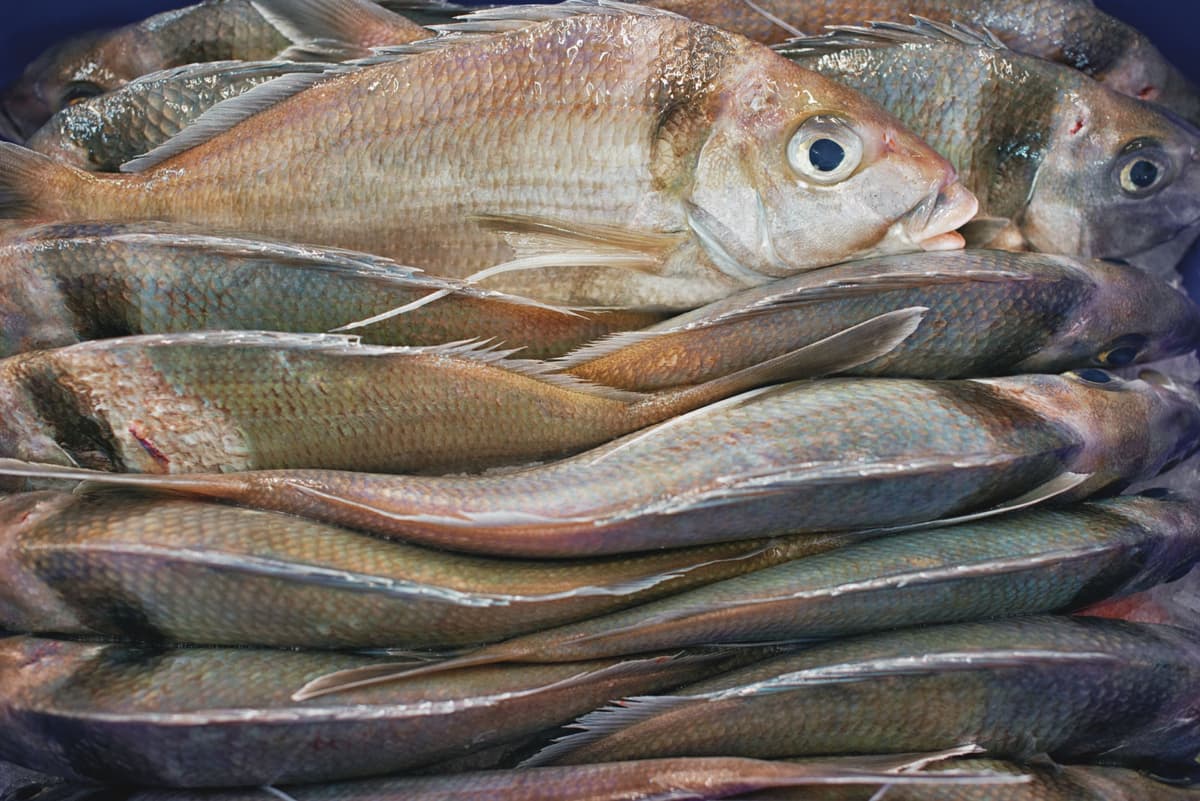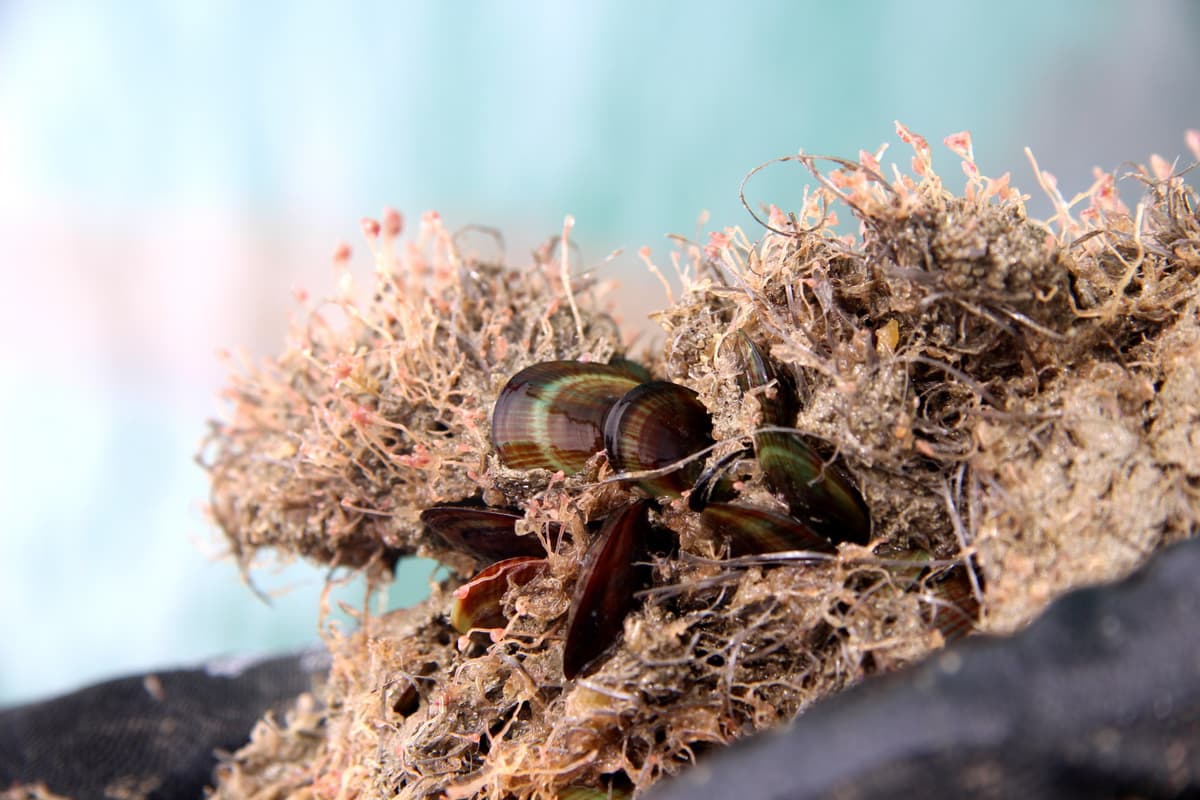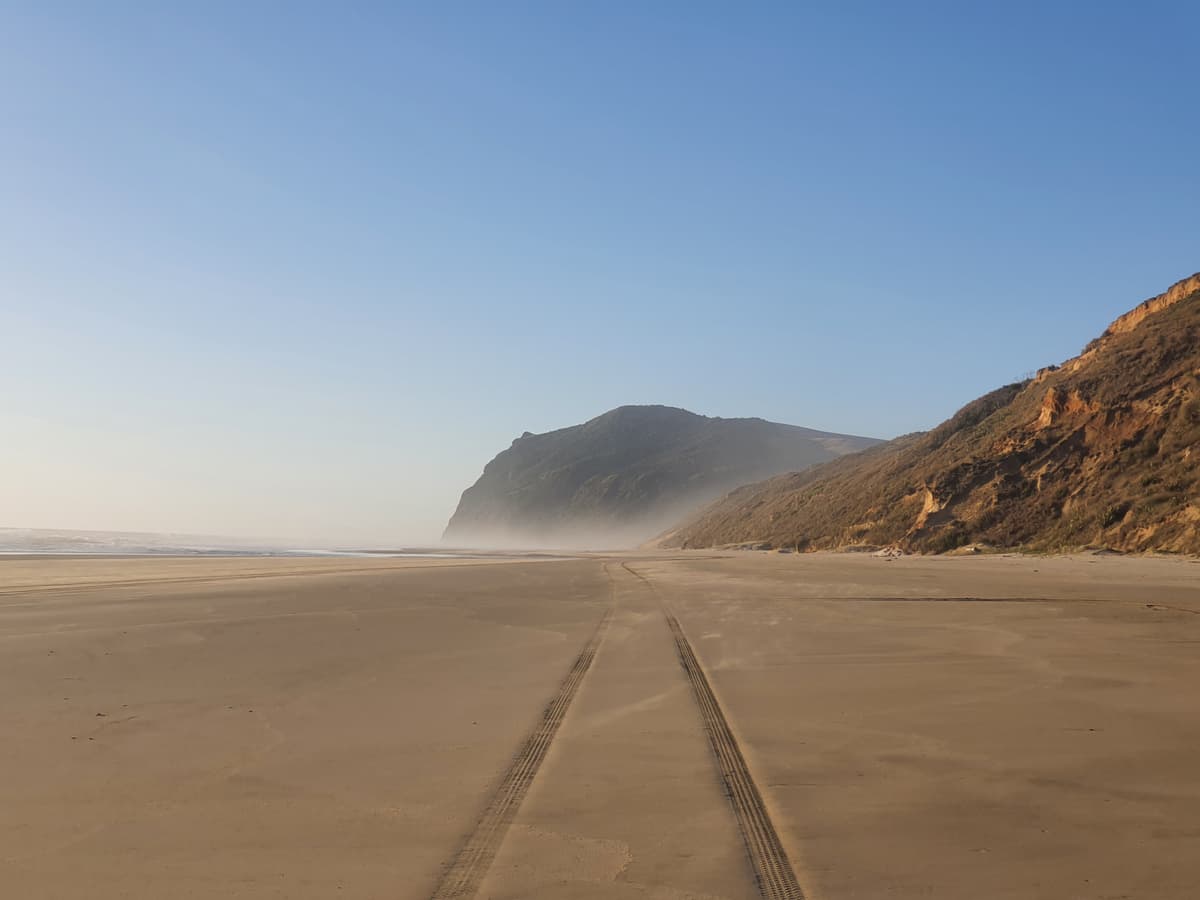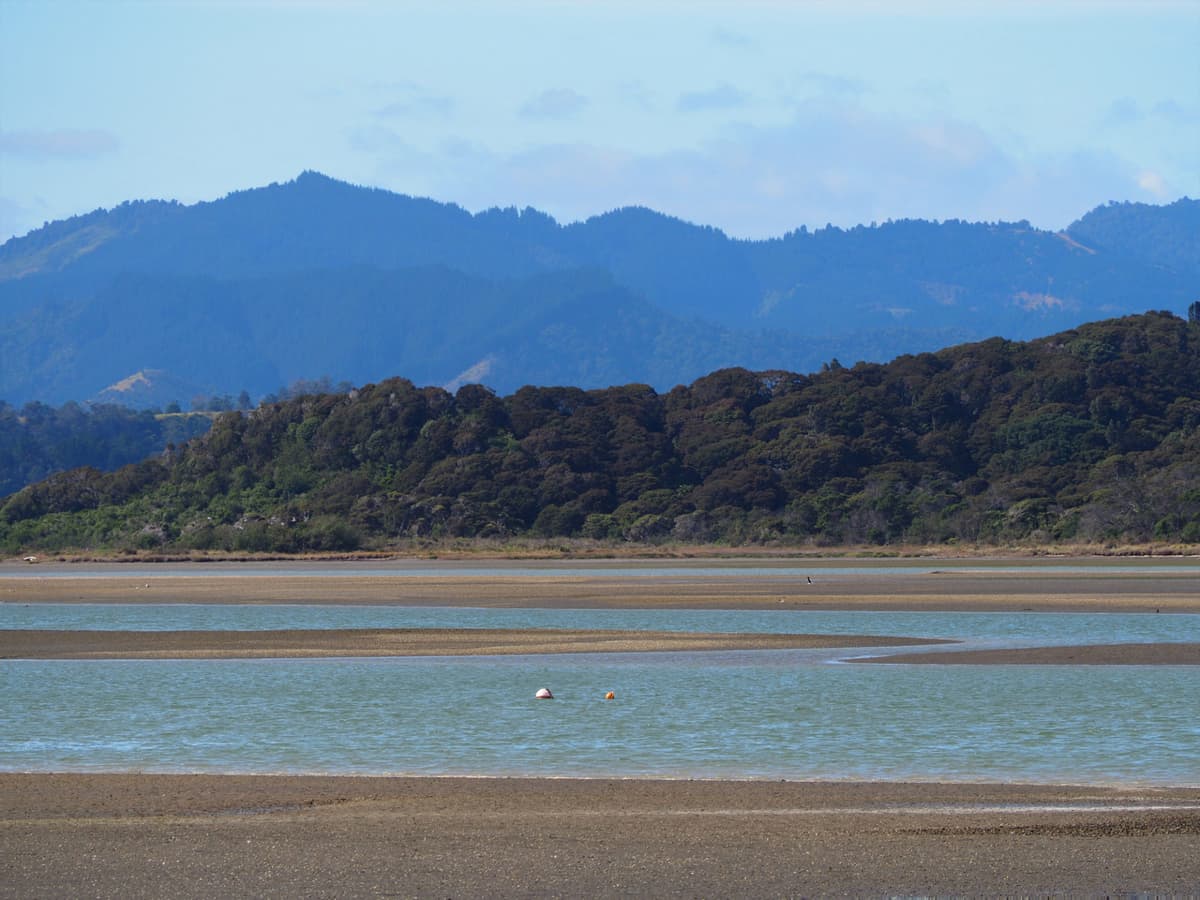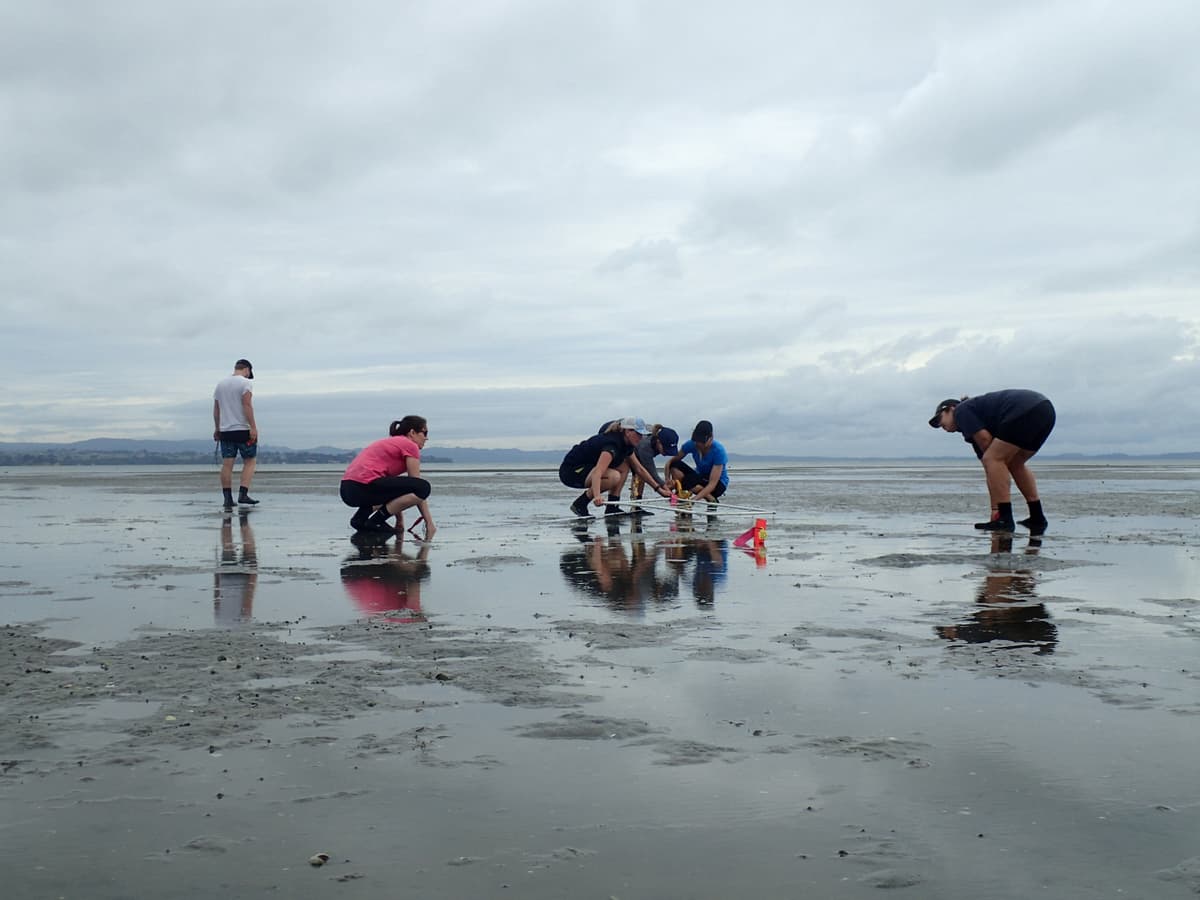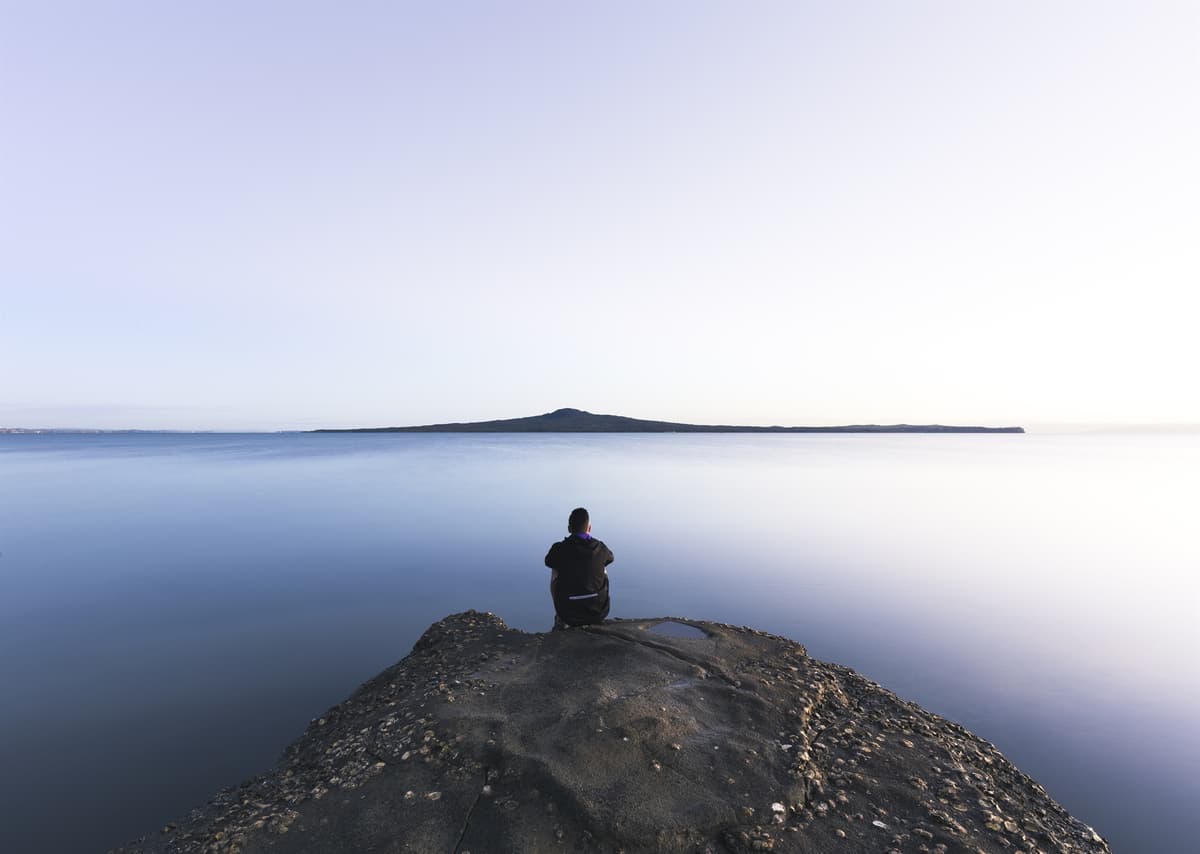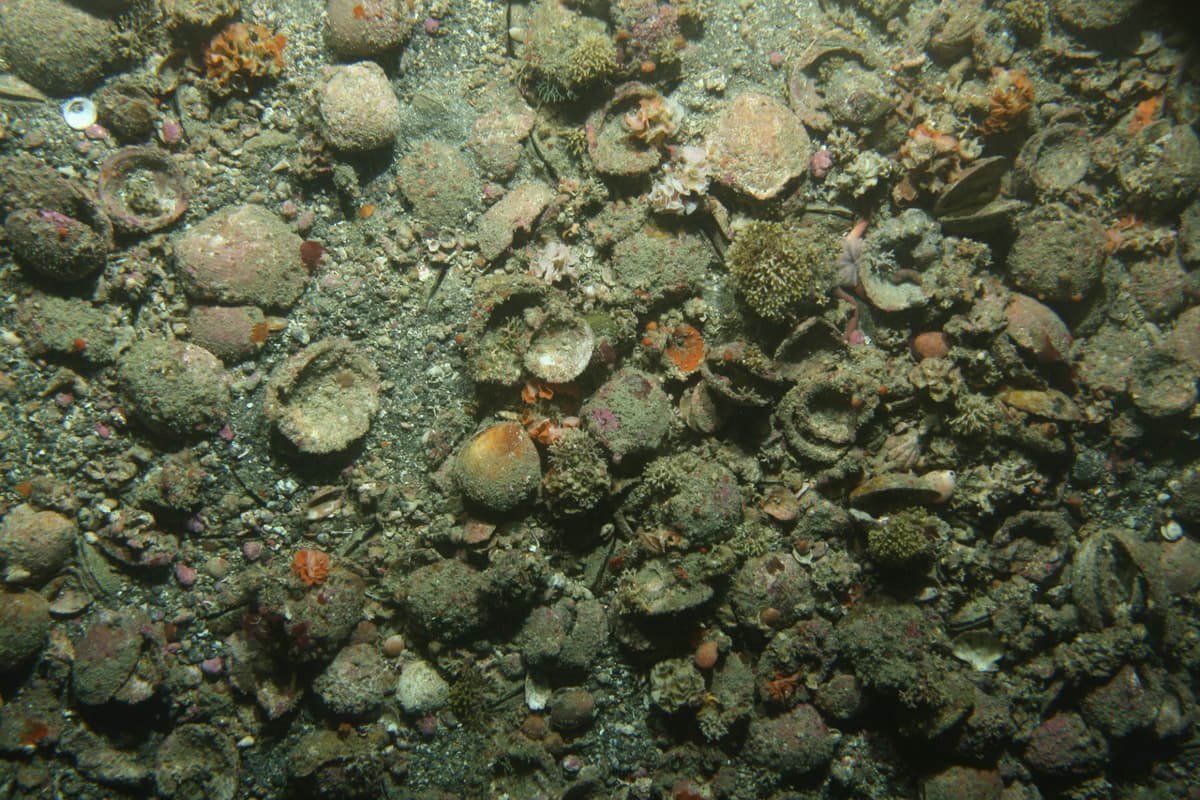

Posted on Friday 15 April 2022
That’s the message from Environment Aotearoa 2022, and our research has shown just how important that connection with the ocean is.
Findings from our Whai rawa, whai mana, whai oranga project were included in the report, highlighting the relationship between Māori businesses and the environment, and how it can be improved.
“A survey of people involved in Māori fishing businesses found that maintaining the mauri of the ocean was equally as important as making a profit … a similar majority rated the ability for Māori to exercise kaitiakitanga (guardianship) as limited.”
The report, which contains mātauranga Māori woven throughout, has some familiar names in it. Shaun Awatere, leader of the Tangaroa progamme, and Dan Hikuroa, co-leader of the Enabling kaitiakitanga and EBM project were both part of the advisory team.
There are many topics throughout the report that our research is relevant to, such as the decline of key kaimoana (seafood) species. For example, the report spotlighted the:
The report also touched on the effects of sedimentation on our ocean: “Increased sediment in estuaries and along coasts directly affects the health of many species.”
